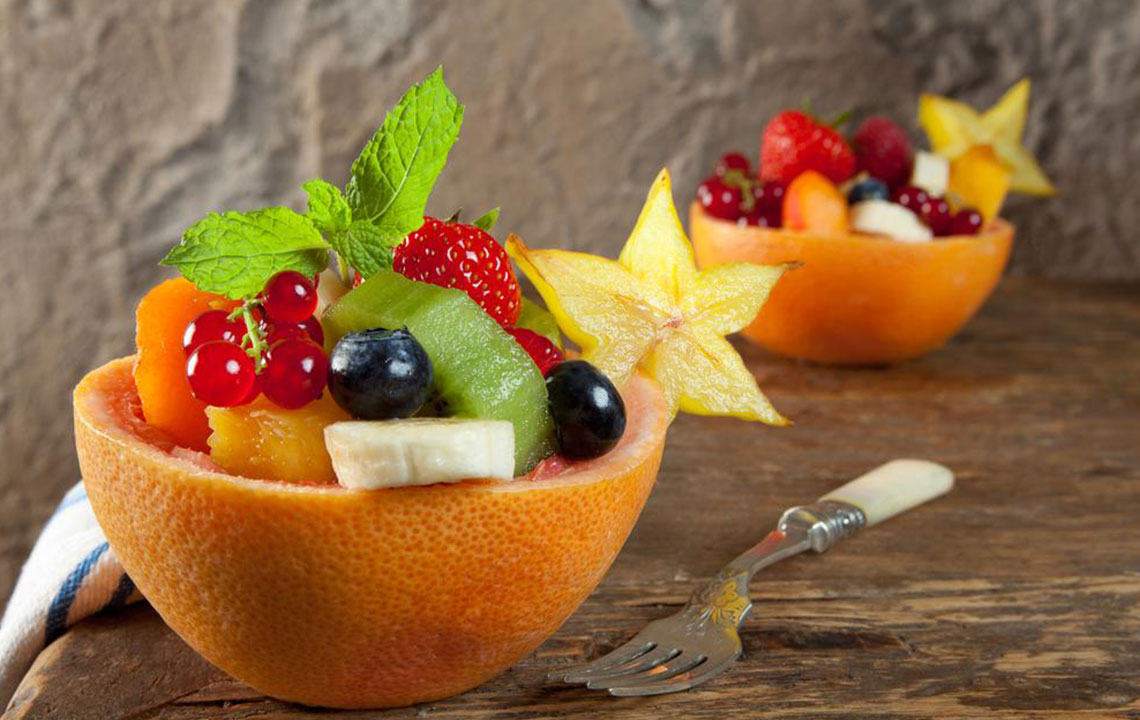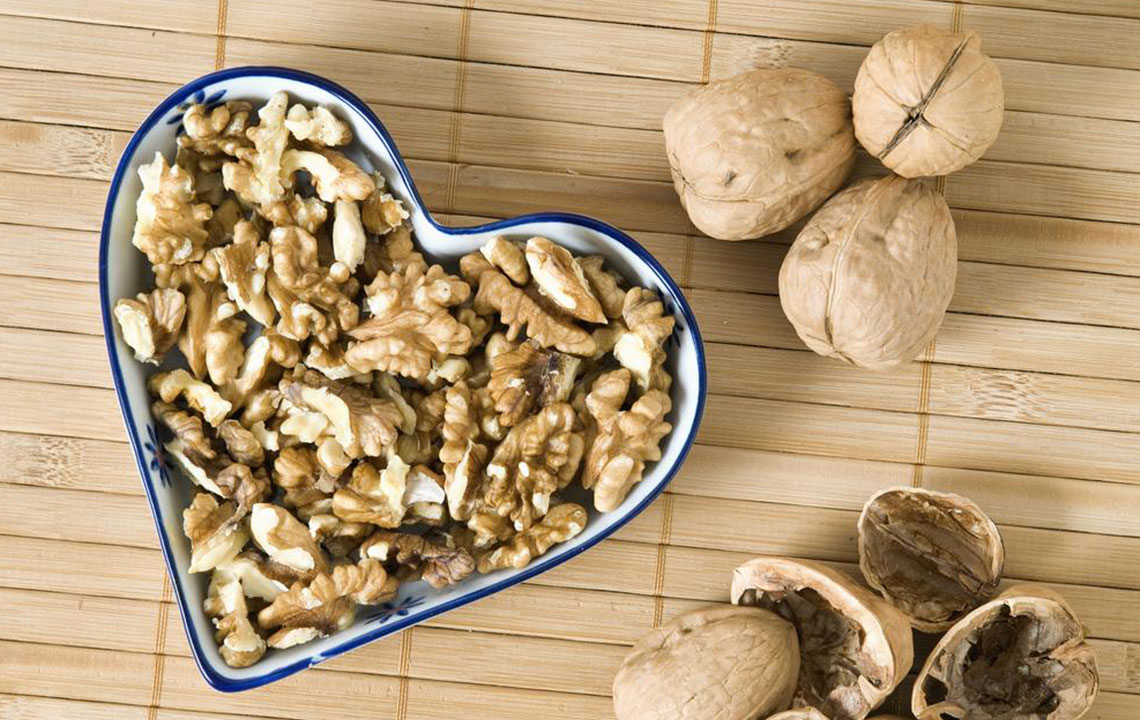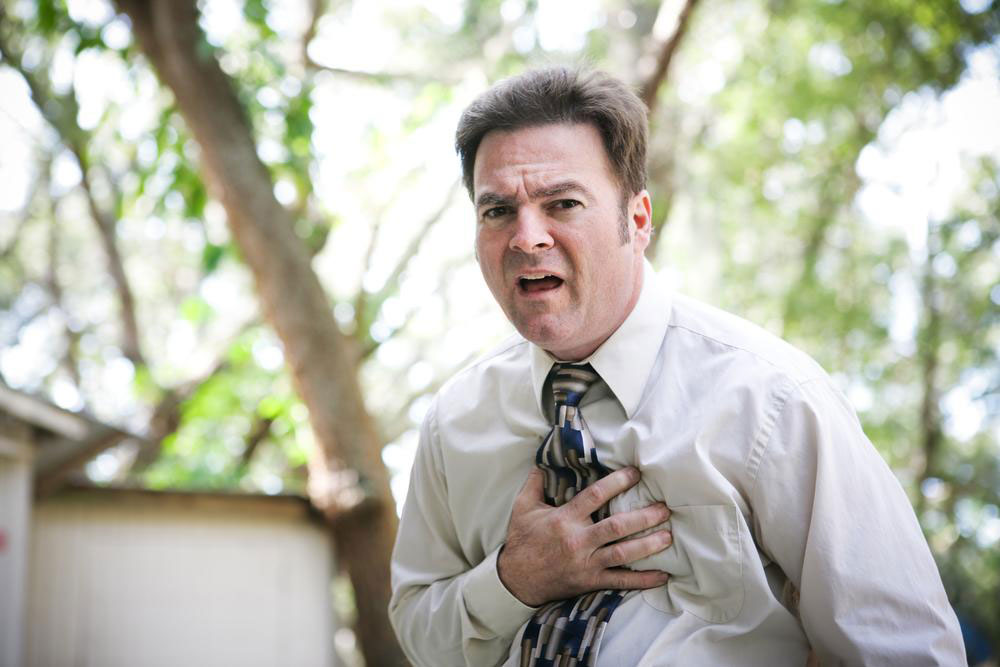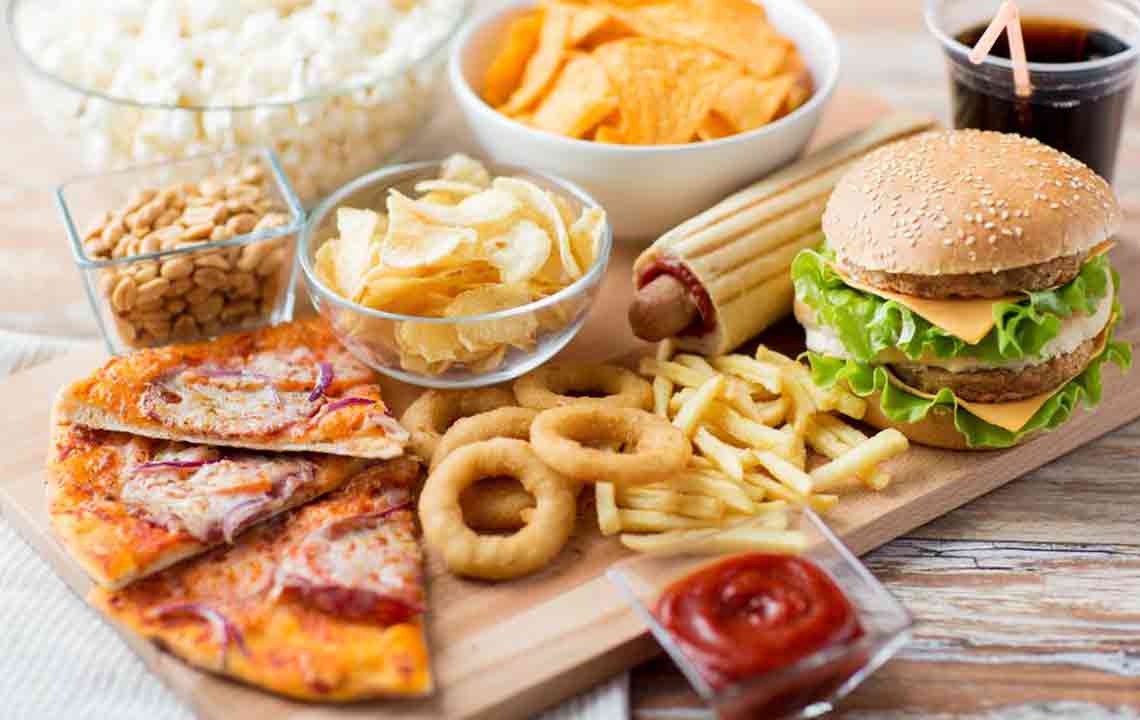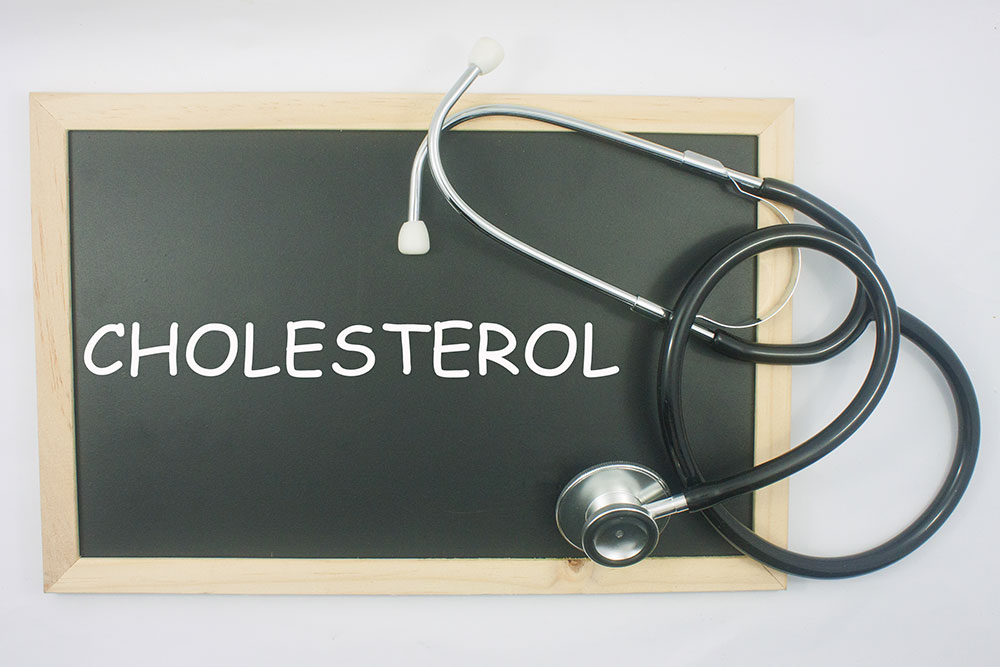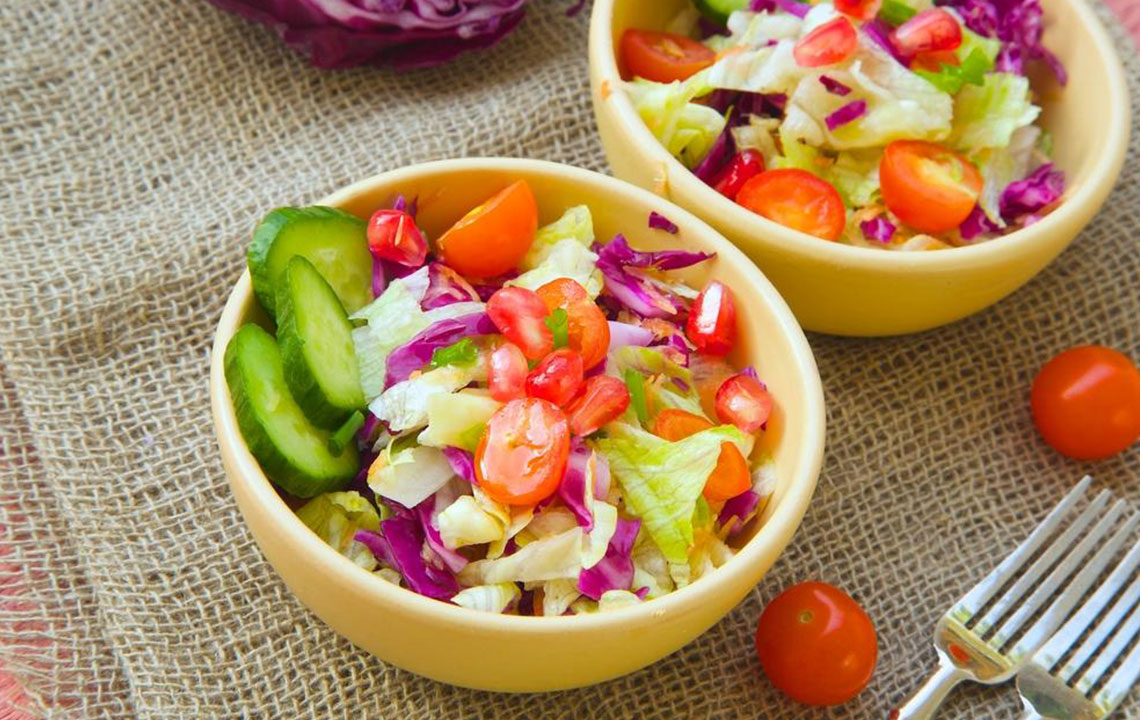Effective Strategies to Manage Diverticulitis Through Diet and Lifestyle Modifications
Discover comprehensive strategies for managing diverticulitis through dietary and lifestyle changes. Learn about symptoms, diagnostic methods, effective diet plans, foods to avoid, and lifestyle tips to promote recovery and prevent future flare-ups. This detailed guide offers essential advice for individuals suffering from diverticulitis, emphasizing hydration, healthy eating, stress management, and safe food choices to support colon health and overall well-being.
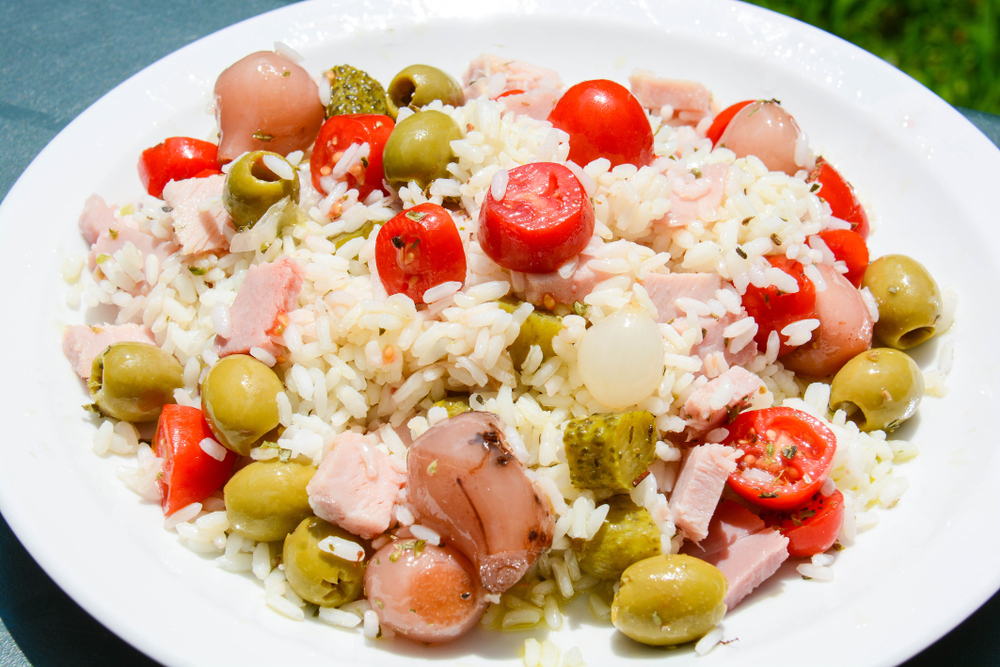
Comprehensive Guidelines for Diet and Lifestyle in Managing Diverticulitis
Diverticulitis is a condition that arises when small pouches called diverticula, which form in the lining of the large intestine, become inflamed or infected. These diverticula typically develop in individuals over 40 years old and are often found during routine screenings or investigations for other gastrointestinal issues. Although many people with diverticula remain asymptomatic, a subset may experience episodes of inflammation, leading to a condition known as diverticulitis. Proper management involves a combination of dietary adjustments and lifestyle changes aimed at reducing inflammation, promoting healing, and preventing future episodes.
Recognizing the Signs of Diverticulitis
Though diverticula are common, only about 10-25% of individuals with diverticula will develop diverticulitis at some point.
Symptoms commonly include persistent lower abdominal pain, typically on the left side, which is often accompanied by tenderness upon pressure.
Patients may notice rectal bleeding or blood in the stool, which requires prompt medical evaluation.
Fever and urinary discomfort such as pain during urination can also occur.
In severe cases, symptoms escalate to intense nausea, cramps, diarrhea, and vomiting, indicating significant inflammation or infection.
Diagnostic Procedures for Diverticulitis
If diverticulitis is suspected based on symptoms, healthcare providers may recommend diagnostic tests to confirm the diagnosis.
Colonoscopy, barium enema, sigmoidoscopy, or CT scans are common tools used to visualize the colon and assess the extent of inflammation or complications.
Initial management focuses on minimizing colon irritation through diet. Starting with a clear liquid diet can reduce inflammation and allow the colon to rest. Suitable options include broths, ice chips, and pulp-free fruit juices such as apple or pear juice. Additionally, cold treats like ice pops without fruit pieces or gelatin are gentle on the digestive system. It is essential to hydrate well, so water, herbal teas, and decaffeinated beverages without added cream or sugar are encouraged during this phase.
As symptoms improve, gradual reintroduction of low-fiber foods helps restore normal digestion. Begin with easily digestible options such as skinless fruits, cooked vegetables, scrambled eggs, lean poultry, canned vegetables, white bread, yogurt, and cooked grains like rice or oatmeal. The goal is to avoid foods that are hard to digest or could aggravate inflammation until full recovery is achieved. Start with small portions and increase gradually based on your tolerance.
Initiate dietary changes slowly, incorporating small quantities of low-fiber foods to prevent overloading the digestive system.
Dietary Recommendations for Supporting Diverticulitis Recovery
Hydration is crucial: drink at least 8 to 10 glasses of water daily to maintain fluid balance and facilitate waste elimination.
Focus on a diet rich in low-fat, high-fiber foods such as whole grains, fresh vegetables, and fruits, which promote healthy bowel movements.
Use healthy oils like extra virgin olive oil or flaxseed oil in moderation to support overall health without inflaming the digestive tract.
Start each meal with a warm glass of water infused with lemon to stimulate digestion.
Consider incorporating antioxidant-rich foods and herbal supplements to bolster immune function and support liver detoxification.
Eat smaller, more frequent meals to reduce strain on the gastrointestinal system and improve nutrient absorption.
Practice stress-reduction techniques such as meditation, yoga, or deep-breathing exercises, as stress can exacerbate digestive issues.
Foods and Substances to Avoid During Diverticulitis Recovery
Avoid processed foods, fast foods, and snacks high in preservatives or artificial ingredients, which can irritate the gut.
Limit caffeine intake, including coffee and green tea, as these can increase intestinal irritation in some people.
Abstain from smoking and alcohol consumption during the recovery phase, as both can impair healing and increase inflammation.
Steer clear of hard-to-digest foods such as heavy dairy products, high-sugar confections, and sugary substitutes that can provoke symptoms.
Reduce intake of saturated fats and red meats, favoring lean proteins and plant-based options instead.
Eliminate fried foods from the diet completely, opting for baked, steamed, or grilled preparations instead.
The key to managing diverticulitis effectively lies in dietary moderation, maintaining proper hydration, and adopting lifestyle habits that reduce stress and inflammation. If you experience persistent or worsening symptoms, seek medical advice promptly to prevent complications such as abscesses or perforation. Long-term management may involve ongoing dietary adjustments and regular medical monitoring to prevent recurrent episodes and maintain colon health.